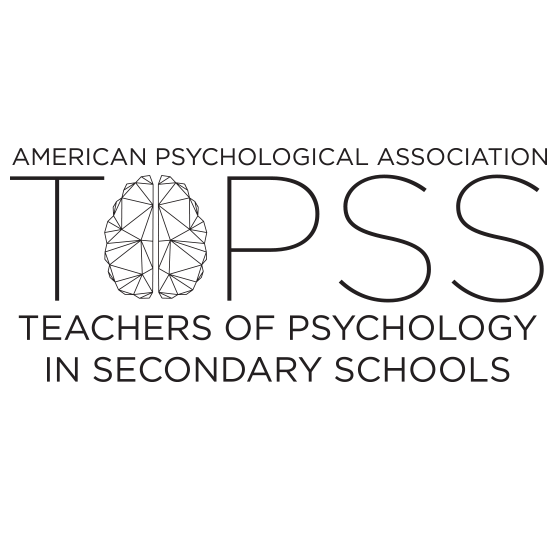In a profession as challenging as teaching, honest self-reflection is key. That means that we must regularly examine what has worked and what hasn't in the classroom, despite how painful it can sometimes be to look in the mirror. Then take your answers and turn them into positive, resolute statements that give you concrete goals on which to focus immediately. Be honest, work hard, and watch your teaching transform for the better!
Ask Yourself These Tough Questions - And Be Honest!
- Where did I fail as a teacher in the past? Where did I succeed?
- What is my top teaching goal for the coming year?
- What can I do to make my teaching more fun while adding to my students' learning and enjoyment?
- What can I do to be more proactive in my professional development?
- What resentments do I need to resolve in order to move forward more optimistically and with a fresh mind?
- What types of students do I tend to ignore or do I need to spend more time serving?
- Which lessons or units am I only continuing to perform out of habit or laziness?
- Am I being a cooperative member of my grade level team?
- Are there any aspects of the profession that I am ignoring out of fear of change or lack of knowledge? (i.e. technology)
- How can I increase valuable parental involvement?
- Have I done enough to foster a productive relationship with my administrator?
- Do I still enjoy teaching? If not, what can I do to increase my enjoyment in my chosen profession?
- Do I bring additional stress upon myself? If so, how can I decrease or eliminate it.
- How have my beliefs about learning and pedagogy changed over the years?
- What minor and/or major changes can I make to my academic program in order to directly increase my students' learning?
What Happens If You Refuse To Self-Reflect
Put earnest effort and pure intention into your self-reflection. You don't want to be one of those stagnant teachers that drably presents the same ineffective and outdated lessons year after year. The unexamined teaching career can lead to becoming just a glorified babysitter, stuck in a rut and no longer enjoying your job! Times change, perspectives change, and you must change in order to adapt and remain relevant in the ever-changing world of education.
Often it's difficult to get motivated to change when you have tenure and "can't be fired" but that's precisely why you must undertake this effort on your own. Think about it while you're driving or doing the dishes. It doesn't matter where you self-reflect, only that you do it earnestly and energetically.
 I've been interested for a while in the psychology of "fake news" - more specifically, how can we help students think more critically about psychological claims they see in the media? Here are a few resources that might be useful - let me know in the comments if you use any of these and/or have other resources to share
I've been interested for a while in the psychology of "fake news" - more specifically, how can we help students think more critically about psychological claims they see in the media? Here are a few resources that might be useful - let me know in the comments if you use any of these and/or have other resources to share







